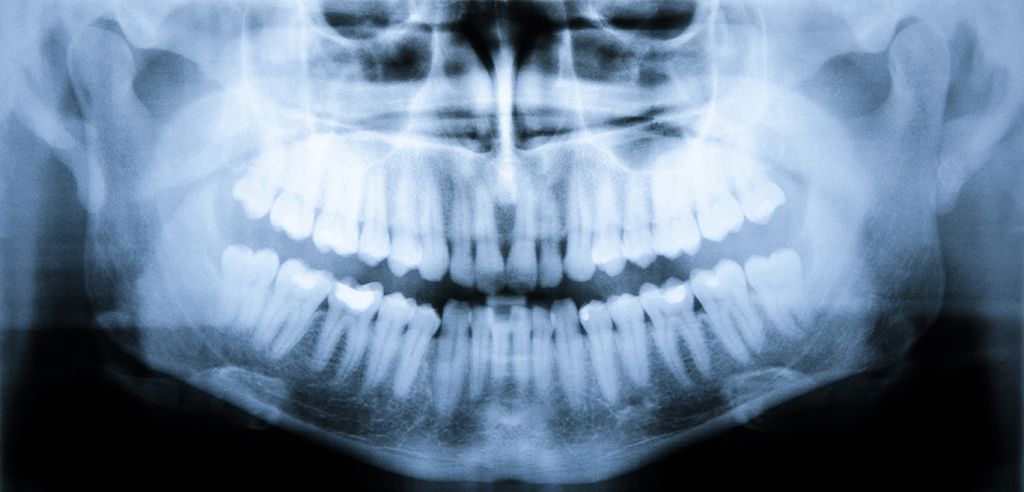
Common Bone-Related Conditions Treated By A Top Oral Surgeon | Plano, TX
Photo By SvitDen at istock
If you have a dental bone condition, it can impact your overall health as well as the appearance and well-being of the oral and facial areas. When you need an accurate diagnosis and surgical care for oral or maxillofacial bone issues, come to NextGen OMS in Plano, TX. Our oral surgeon has a proven track record for helping patients recover from infections, pathologies, and other concerns regarding dental and facial bones. Learn more about common bone conditions that require an experienced oral surgeon such as Dr. Eftekhari.
Oral bone conditions require extreme care and delicacy to resolve. If your physician has recommended that you go to an oral maxillofacial surgeon, we can help. NextGen OMS accepts new patients who need our assistance with bone conditions such as the following.
Osteoporosis
Osteoporosis doesn’t just impact your joints. This bone density disease can affect any bone in the body, including your jaw. If you have low bone density in your jaw, it can cause issues such as loose-fitting dentures and sores. You may also have difficulty qualifying for dental implants due to bone loss. Osteoporosis is a normal condition of aging that affects women following menopause and older men and women lacking vitamin D and calcium. Poor bone density can also lead to periodontal disease and lost teeth.
Bone density can cause a number of problems that could bring you to an oral surgeon. Gum disease, a weakened jawbone, and loose teeth are just some of the problems that arise. There are a number of ways that surgeons can help minimize bone loss and help you avoid tooth loss.
If you need a dental implant to support a crown or dentures, an oral surgeon can tell you if you are a viable candidate. As a bonus, a dental implant may stimulate new bone growth around the implant. Oral maxillofacial surgeons also handle surgeries involving the gums and other soft tissue in your mouth impacted by osteoporosis.
Jaw Osteonecrosis (ONJ) in Plano, TX
Osteonecrosis of the jaw describes exposed bone that has died. As a result of injury, illness, or disease, your jawbone may become weakened. Patients commonly mistake bone fragments for broken teeth popping through the gum line. This condition can affect your upper or lower jaw. It’s sometimes accompanied by numbness, painful gums, and sores. This condition may occur without any additional symptoms, making it hard to pinpoint the underlying cause. You might develop this condition if you have an empty socket that fails to heal. Jaw osteonecrosis is separate from oral cancer and does not cause cancer.
An oral surgeon can diagnose and treat jaw osteonecrosis. Exposed bone and bumps are common symptoms. However, a 3D scan is often needed to properly diagnose this condition. Your surgeon can remove exposed bone and prescribe antibiotics and other treatments to help your infected gums heal. Untreated, ONJ can cause permanent bone loss and parts of your jaw could eventually cave in, resulting in disfigurement and difficulty speaking and breathing.
Therefore, it’s important to make an appointment with an oral surgeon as soon as possible.
Medication-Related Osteonecrosis of the Jaw (MRONJ)
We have already discussed ONJ. However, it’s important to understand that some drugs may lead to the destruction of dental and facial bones. Medication-related osteonecrosis of the jaw may result from drugs with agents that slow the reabsorption of bone and new bone growth. Some drugs slow the growth of tumors by impeding the growth of new blood vessels. This can adversely affect bone growth in the jaw.
An MRONJ diagnosis follows a history of chronic bone necrosis in the jaw. As a result, you may experience exposed bone, painful gum tissue, and lose teeth. Dr. Eftekhari may consult with other bone specialists or handle your case alone, depending on the root cause and other symptoms that you experience. Following the removal or treatment of MRONJ, the remaining bone may have a hard time healing and remain prone to infections. Therefore, your oral surgeon will recommend additional oral hygiene to promote healing. This may include antibiotics, antimicrobial rinses and additional surgery.
Untreated, MRONJ may lead to severe tooth loss and further infection, which is typically very painful.
Osteoradionecrosis (ORN)
Osteoradionecrosis may occur after radiation therapy. Because radiation therapy inhibits your bones’ ability to heal and repair, you may become susceptible to ORN. Proper nutrition and good oral hygiene may help avoid this problem. Radiation treatment destroys small blood vessels that bring oxygen and nutrients to your jawbone, leaving you susceptible to bone conditions such as osteoradionecrosis.
Your dental professional may refer you to Dr. Eftekhari if you have oral lesions or exposed bone following radiation therapy. Bone exposed longer than six months may develop ORN, which is sometimes treated via surgery. In addition to antibiotic medication to heal the infection, you may also need to spend time in hyperbaric oxygen therapy. Also, your oral surgeon will remove the dead bone.
Osteomyelitis Bone Infections
Osteomyelitis results from a bacterial infection in the bone marrow of your jaw. This painful infection occurs after blood flow to the bone stops or slows and the bone dies. If you receive a diagnosis of osteomyelitis, your surgeon may order 3D scans to better assess the damage to the jaw prior to taking a biopsy. Biopsy results typically confirm the diagnosis so that you can receive treatment.
As with many other bone conditions of the jaw, treatment may include surgery to remove the affected bone and a course of antibiotics. You may also need a graft to replace the removed bone.
Contact NextGen OMS for treatment from one of the top oral surgeons in Plano, TX. We can schedule a consultation so that you can better understand your condition and treatment plan.


